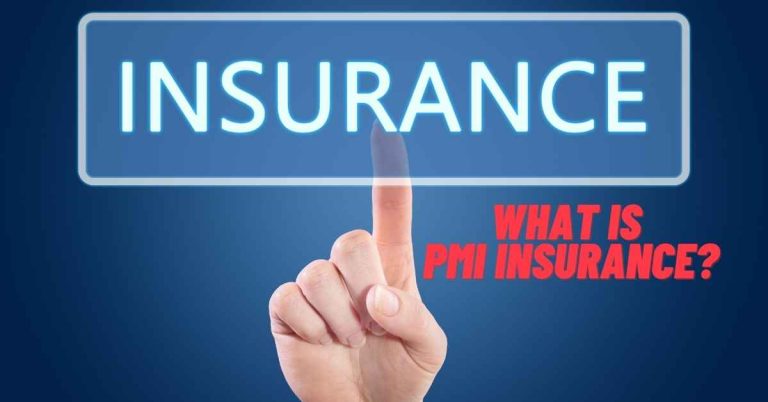What means home insurance?
Homeowners insurance is a form of property insurance that covers losses and damages to an individual's residence, along with furnishings and other assets in the home. Homeowners insurance also provides liability coverage against accidents in the home or on the property.
Insurance 101 – Homeowners Insurance Coverage | The Ultimate Guide to Home Insurance
What does home insurance provide?
Standard Homeowners Insurance Coverage. A standard homeowners insurance policy provides coverage to repair or replace your home and its contents in the event of damage. That usually includes damage resulting from fire, smoke, theft or vandalism, or damage caused by a weather event such as lightning, wind, or hail.
What is homeowners insurance and how does it work?
Homeowners insurance covers damage to your home, property, personal belongings, and other assets in your home. Your homeowners insurance policy may also cover living expenses above your normal cost of living if a covered loss forces you to stay elsewhere while your home is being repaired or rebuilt.
Do you really need home insurance?
You're not required by law to have home insurance, but banks do require it as a condition of your mortgage. Home insurance can help you protect yourself from enormous financial loss. It can also help cover the cost of paying for bodily injury to others or damage to their property.
What does home insurance do for you?
Homeowners insurance is made up of coverages that may help pay to repair or replace your home and belongings if they are damaged by certain perils, such as fire or theft. It may also help cover costs if you accidentally damage another person's property or if a visitor is injured at your home.
Do you really need home insurance?
You're not required by law to have home insurance, but banks do require it as a condition of your mortgage. Home insurance can help you protect yourself from enormous financial loss. It can also help cover the cost of paying for bodily injury to others or damage to their property.
Insurance 101 – Homeowners Coverages
Is home insurance and homeowners insurance the same thing?
Homeowners insurance, also known as home insurance, is coverage that is required by all mortgage lenders for all borrowers.
What are the three main types of homeowners insurance?
Homeowners insurance policies generally cover destruction and damage to a residence's interior and exterior, the loss or theft of possessions, and personal liability for harm to others. Three basic levels of coverage exist: actual cash value, replacement cost, and extended replacement cost/value.
What 3 things does homeowners insurance cover?
Key Takeaways. Homeowners insurance policies generally cover destruction and damage to a residence's interior and exterior, the loss or theft of possessions, and personal liability for harm to others. Three basic levels of coverage exist: actual cash value, replacement cost, and extended replacement cost/value.
What are 2 things not covered in homeowners insurance?
Termites and insect damage, bird or rodent damage, rust, rot, mold, and general wear and tear are not covered. Damage caused by smog or smoke from industrial or agricultural operations is also not covered. If something is poorly made or has a hidden defect, this is generally excluded and won't be covered.
Your Guide to Understanding Homeowners Insurance! (Homeowners Insurance 101)
How does homeowners insurance protect and why?
A standard homeowners insurance policy provides coverage to repair or replace your home and its contents in the event of damage. That usually includes damage resulting from fire, smoke, theft or vandalism, or damage caused by a weather event such as lightning, wind, or hail.
What are the six categories typically covered by homeowners insurance?
Generally, a homeowners insurance policy includes at least six different coverage parts. The names of the parts may vary by insurance company, but they typically are referred to as Dwelling, Other Structures, Personal Property, Loss of Use, Personal Liability and Medical Payments coverages.
What 3 things does homeowners insurance cover?
Key Takeaways. Homeowners insurance policies generally cover destruction and damage to a residence's interior and exterior, the loss or theft of possessions, and personal liability for harm to others. Three basic levels of coverage exist: actual cash value, replacement cost, and extended replacement cost/value.
Should I Keep Paying My Homeowners Insurance?
What is homeowners insurance and why do I need it?
Homeowner's insurance pays for losses and damage to your property if something unexpected happens, like a fire or burglary. When you have a mortgage, your lender wants to make sure your property is protected by insurance. That's why lenders generally require proof that you have homeowner's insurance.
What does homeowners insurance usually cover?
A standard homeowners insurance policy provides coverage to repair or replace your home and its contents in the event of damage. That usually includes damage resulting from fire, smoke, theft or vandalism, or damage caused by a weather event such as lightning, wind, or hail.
What is the most important part of homeowners insurance?
The most important part of homeowners insurance is the level of coverage. Avoid paying for more than you need. Here are the most common levels of coverage: HO-2 – Broad policy that protects against 16 perils that are named in the policy.
Martin Lewis on How to Choose Home Insurance
Is it bad to not have homeowners insurance?
Failing to carry insurance on your home provides a variety of risks and expenses. Your home is likely one of the most expensive purchases you'll make in your lifetime. Failing to obtain homeowner's insurance means you could lose everything in the event of a disaster.
Do some people not have homeowners insurance?
Legally, you can own a home without homeowners insurance. However, in most cases, those who have a financial interest in your home—such as a mortgage or home equity loan holder—will require that it be insured.
